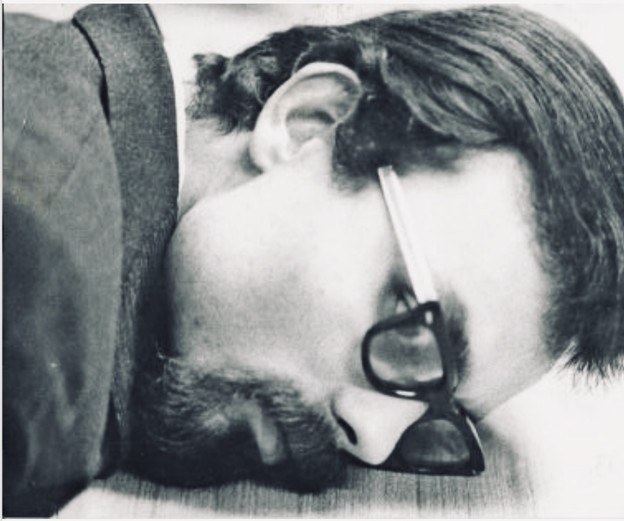A poem in Arabic, not an Arabic Poem

This is an Arabic prose poem from the Lebanese poet Unsi al-Hajj’s (1935–2014) collection The Severed Head (1963). Many will take issue with calling it a prose poem in the first place. In its form and layout on the page, it does not correspond to what we know the prose poem to be in English or French. Nevertheless, it is an Arabic prose poem for two reasons: it claims and insists on being a “poem” and it is written without any metrical consideration whatsoever. In the tradition of poem making in Arabic, meter, no matter how strict or loose, was for a long time the fence separating poetry from everything else. The prose poem introduced in Arabic in 1960 is the first jumping of that fence. The poem above is poem in Arabic that does not want to be an Arabic poem (See the Arabic here). It wants to be a poem by other means, other than those established in the Arabic tradition.
Poetic prose, poetry outside form, existed in Arabic long before 1960: pre-Islamic prose, the Qurān, Sufi writing and so on. These are poetic, but they are not poems. Once the phrase prose poem (qasidat al-nathr) as a simple abstraction was introduced, this rich prehistory was called into being as a history, and the prose poem became a conceptual category or an enclosed class of poetic product. Its major claim is that Arabic poems can now be built in the soil of prose, entirely freed from the restraints of meter and of preconceived form.
In this series of commentaries titled “Arabic Modernism’s Other Tradition,” I will present some observations on the prose poem project in Arabic. I borrow the term “other tradition” from Marjorie Perloff in her Poetics of Indeterminacy, where she identifies two strands in Anglo-American Modernism: “the Symbolist mode […] inherited from Eliot and Baudelaire […] and the anti-Symbolist mode of ‘indeterminacy’ or ‘undecidability’”or literalness and free play whose first real exemplar was Rimbaud.” This second strand is the “other tradition.” If the Arab Free Verse poets who “made it new” by loosening the formal strictures of the Arabic poem to the very limit without abandoning them are one strand, the Arab prose poets are the other strand. Subversive, irreverent, and confrontational, these are the poets of destruction and abandon. Their plan is to “make it” something entirely different.
Arabic Modernism's Other Tradition